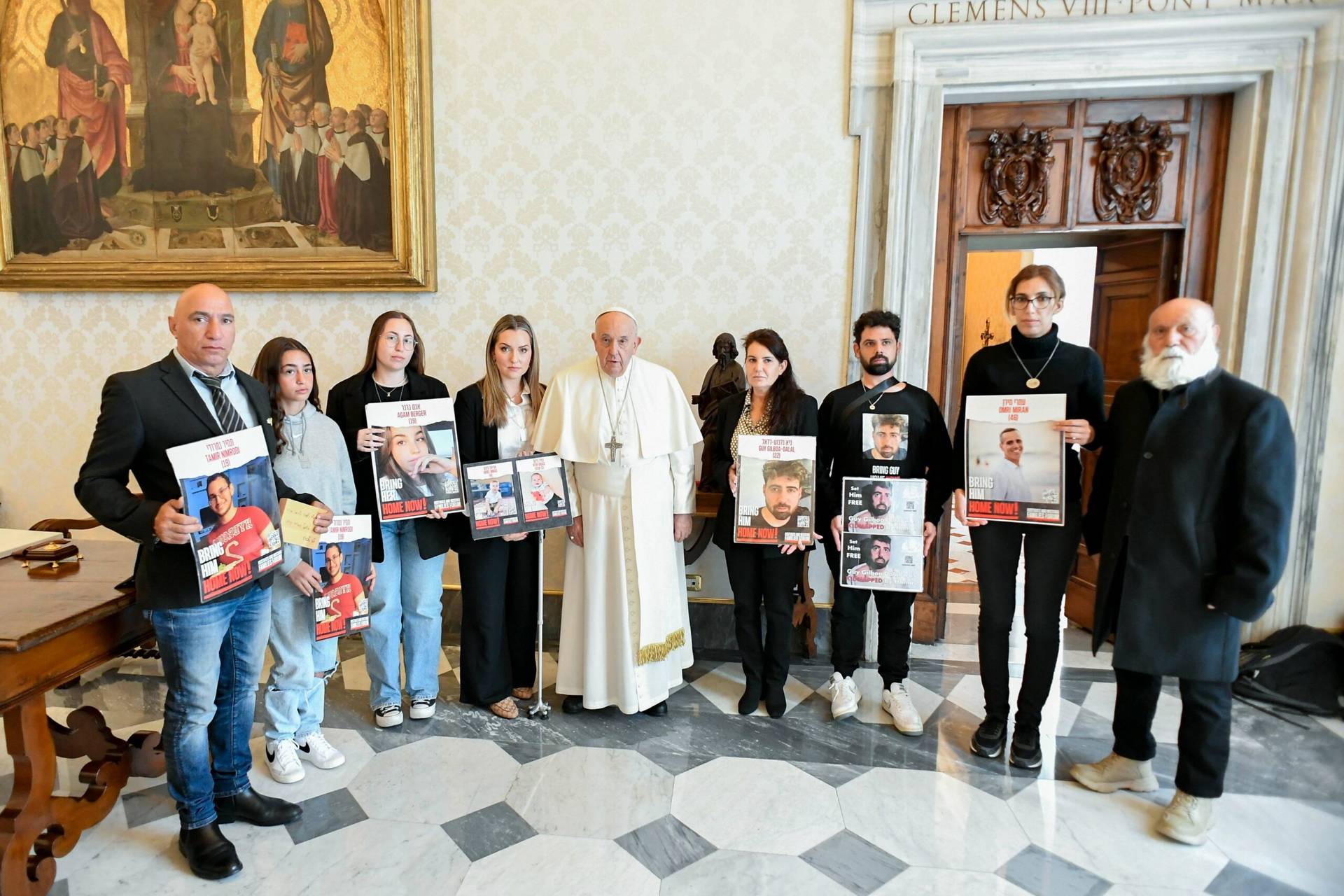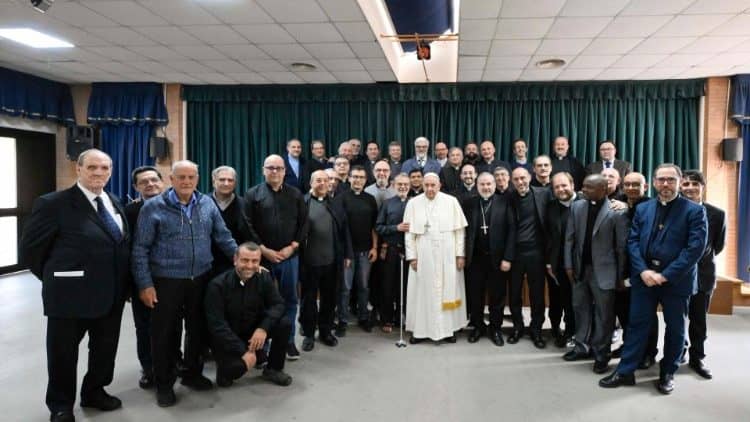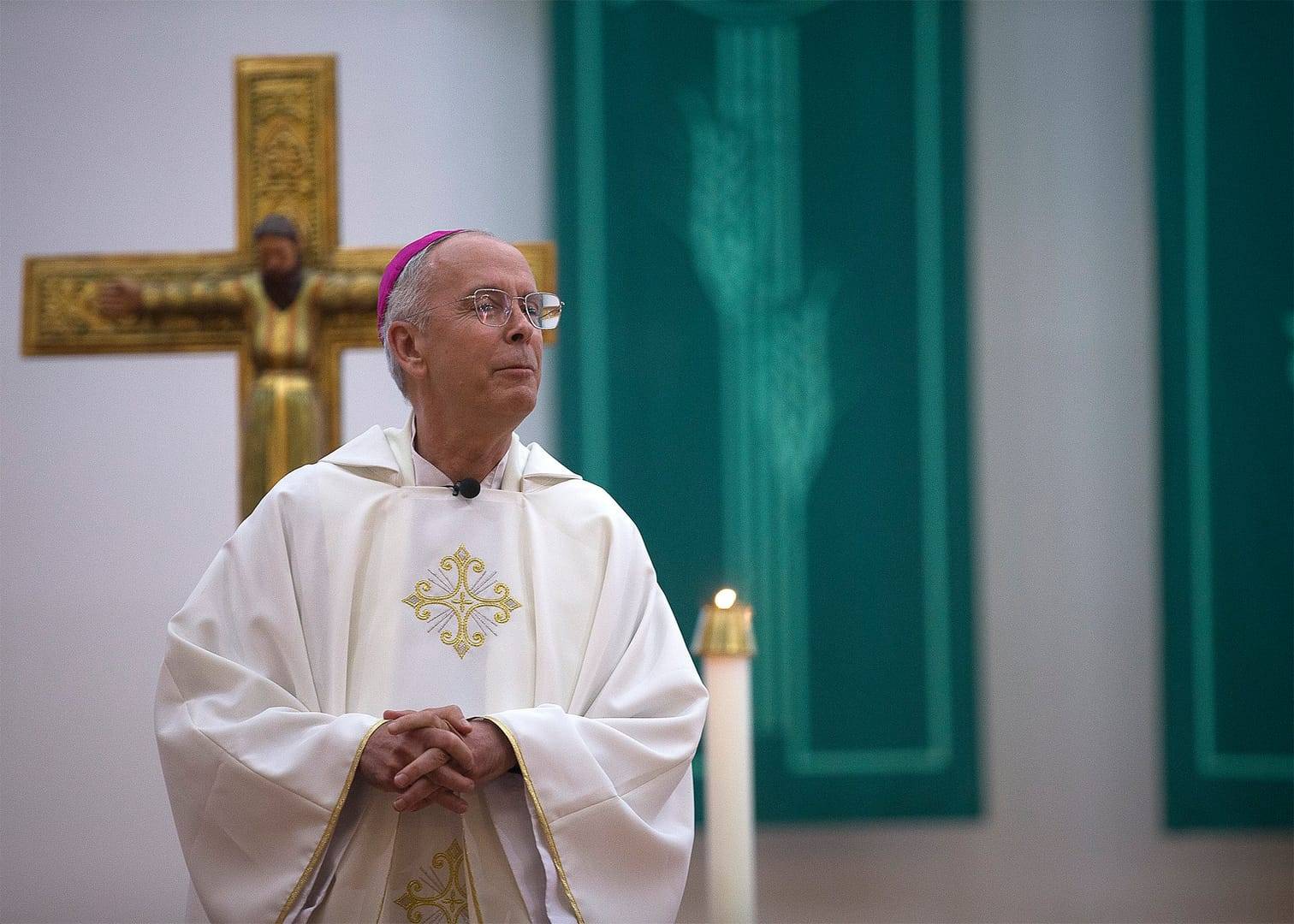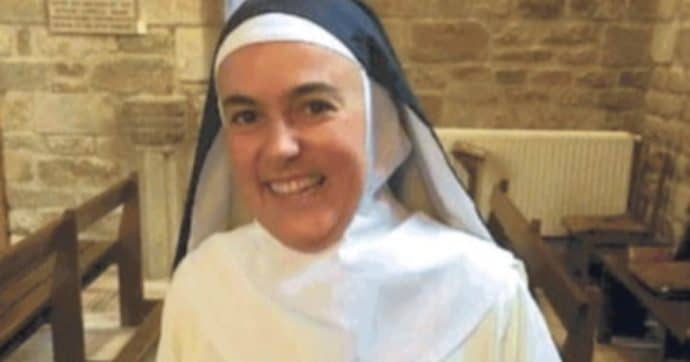ROME—Known for his outreach to victims of human trafficking since he was still archbishop of Buenos Aires, Pope Francis on Friday visited a home for women who’ve been rescued from the slavery of prostitution.
Francis’ visit to the “Pope John XXIII Community” in Rome was yet another one of his monthly “Fridays of Mercy” initiatives, which he began last January, in an attempt to illustrate the theme of his Holy Year.
According to a Vatican statement, the pope met with 20 women who’ve been freed from prostitution rackets: six from Romania, four from Albania, seven from Nigeria and the three others respectively from Tunisia, Italy, and Ukraine.
All of them have suffered severe physical violence, and currently live in an apartment run by the community founded by Father Oreste Benzi in northern Rome.
Francis’ visit, the Vatican said, is a “further call to conscience” to fight human trafficking, often described by the pontiff as a “crime against humanity” and as an “open wound in the flesh of contemporary humanity, a scourge in the flesh of Christ.”
The Jubilee of Mercy official website said that the pope’s gesture, which came in a “moment of vacation” (if it weren’t for tourists, downtown Rome would be virtually empty), when rules are often “left aside,” was intended to restore the “full dignity of these girls.”
Estimates hold there are 46 million people around the world who are being bought, sold and treated as slaves, and recent statistics show that the number is not decreasing but sky-rocketing.
For Francis, the fight against human trafficking is nothing new: it was widely perceived as his key social concern during 2014, just like the environment was in 2015 and migration has been so far this year.
Yet his fight against this illegal industry, the third one after drug and arms dealing, dates further back.
When he was the archbishop of Buenos Aires, then-Cardinal Jorge Mario Bergoglio sponsored a local NGO called “La Alameda” that fed him information about slave labor in Argentina’s clandestine sewing shops and also about human trafficking for prostitution. The future pope would find work and asylum for survivors.
During a Mass held in a Buenos Aires train station in 2012, Francis compared the city to a “butcher shop” that takes away the human dignity of people trapped by these networks. He also denounced the local police department and the legal system for accepting bribes from traffickers, saying that “without them, these mafias wouldn’t exist.”
The Jubilee of Mercy began Dec. 8 and will run until the Solemnity of Christ the King on Nov. 20.
Although unannounced, Francis’ visit to the Pope John XXIII Community was not completely unexpected: when the calendar for the jubilee year was announced, the Vatican said that every month the pontiff would deliver a gesture that would help shine a light on what the church calls the 14 “works of mercy.”
So far, he’s visited a hospice for drug addicts, a center that welcomes migrants, a home for elderly priests, and one for the mentally disabled in Rome or its outskirts.
Two of these Fridays took place while he was on the road: in April, he visited a refugee camp in the Greek island of Lesbos. Last month, during his visit to Poland, he had a moment of silent prayer at the concentration and extermination camps of Auschwitz-Birkenau, visited a pediatric hospital and lead thousands in the prayer of the Way of the Cross, in the presence of youth from Iraq, Syria, and many other countries currently at war.

















